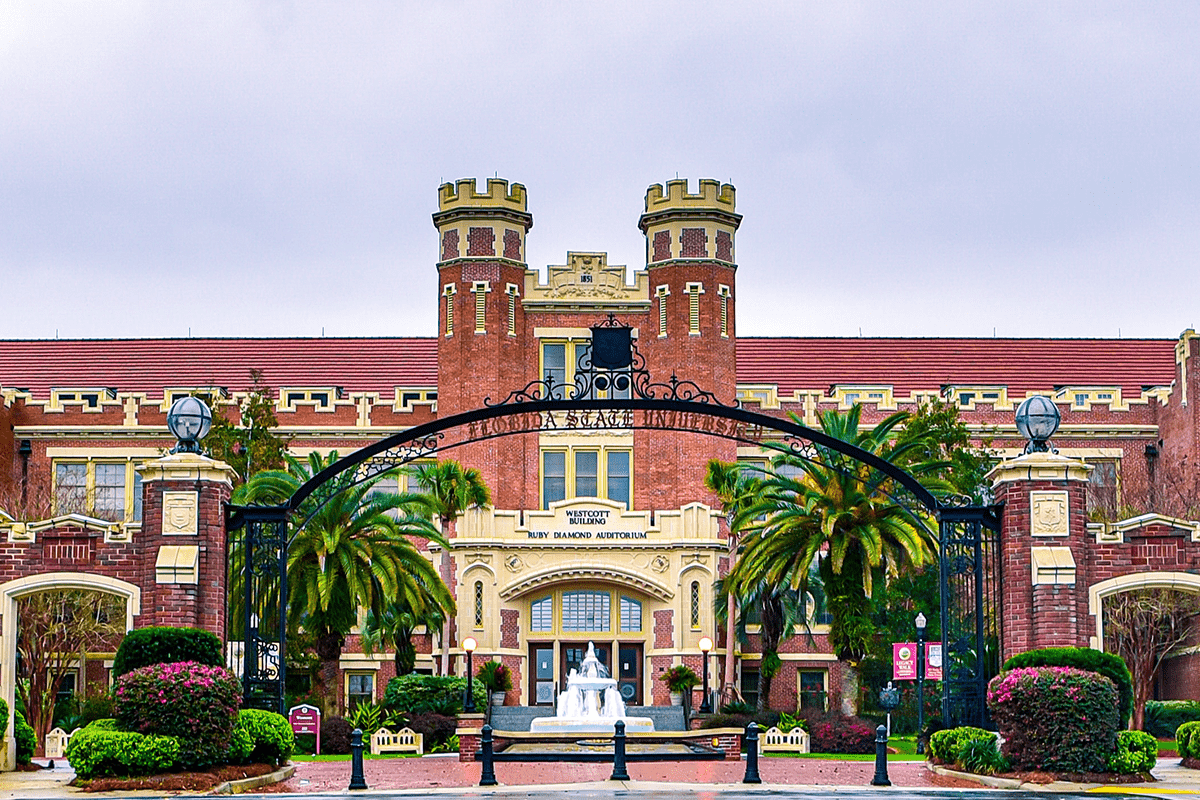FSU announces establishment of the Institute for Pediatric Rare Diseases

TALLAHASSEE, Fla. – Florida State University announced the establishment of the Institute for Pediatric Rare Diseases Thursday.
This was made possible by a $1 million funding initiative led by Rep. Adam Anderson, R-Tarpon Springs. It was supported by the legislature and Gov. Ron DeSantis.
The institute will be dedicated to “advancing research and developing treatments for pediatric rare diseases, filling a critical gap left by the pharmaceutical industry.”
Florida State University President Richard McCullough said the university is “committed to advancing cutting-edge science to help children and their families who are impacted by these devastating diseases.”
The institute aims to “harness the power of interdisciplinary collaboration, bringing together scientists, clinicians, and educators to tackle the challenges of pediatric rare diseases.”
McCullough said it will also “drive transformative progress of novel technologies to better diagnose and treat rare diseases including Tay-Sachs and glioblastoma in children by using artificial intelligence and DNA sequencing to develop promising new treatment options like gene therapy.”
Anderson’s son, Andrew, was diagnosed with Tay Sachs Disease in 2016.
He said since the diagnosis, he and his wife made it their mission to “ensure other families don’t have to live that same nightmare that we did, but sadly many families do.”
There are currently 7,000 known rare diseases that impact over 350 million people globally and 30 million people nationwide, Anderson said in a press release.
“To put that into perspective, that’s nearly ten percent of the population of our country and more than the entire population of Florida,” he said. “So while we call them ‘rare,’ when looked at as a whole they are more frighteningly common than you think.”
Anderson said his long-term goal is to position Florida as the “nationwide leader in genetic research and gene therapies.”
“This new Institute at Florida State is not just a step in the right direction, it’s a giant leap forward in advancing that vision,” Anderson said.
“I’m so proud and thankful to President McCullough and the folks at my alma mater share this vision,” he said.



